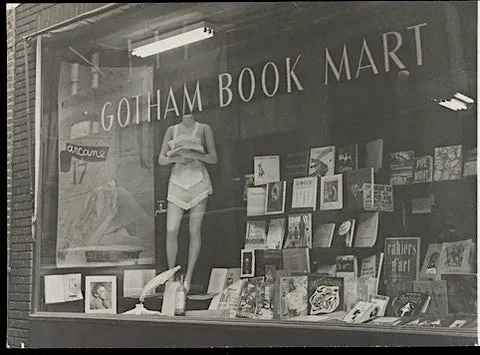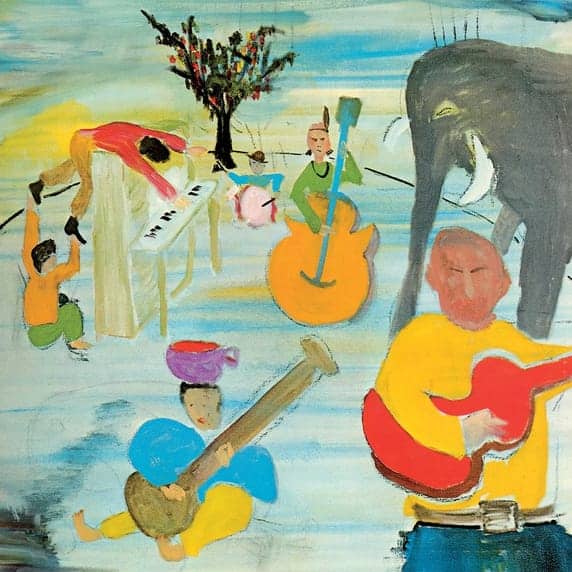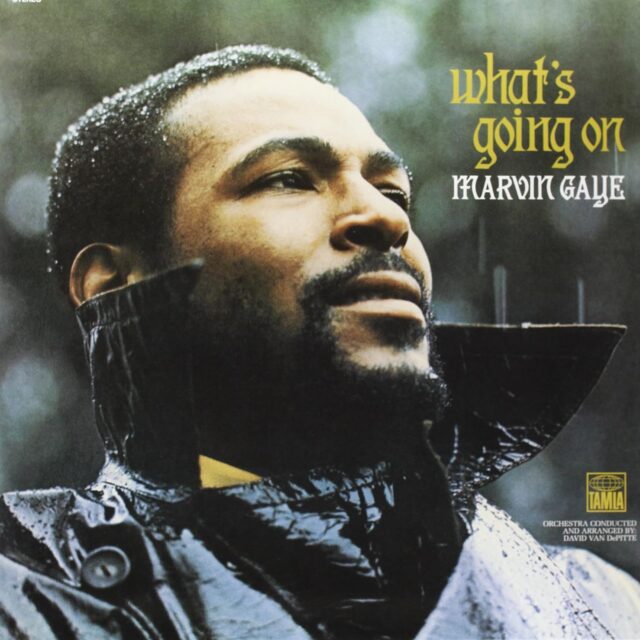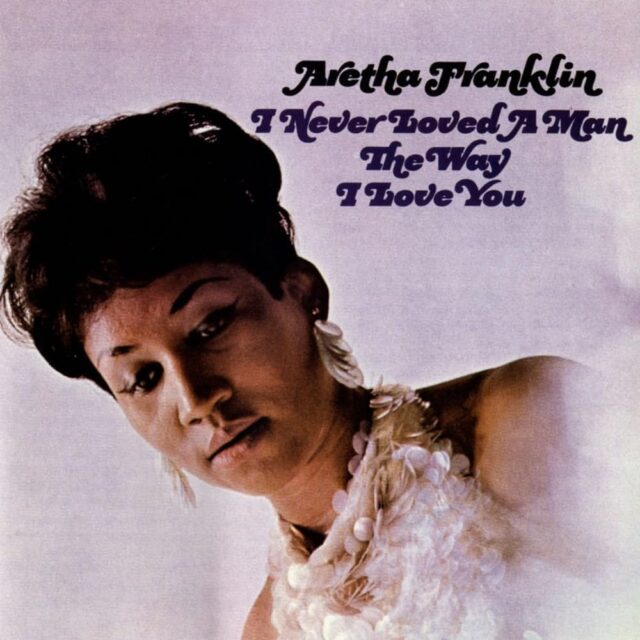The Weight by The Band is a thought-provoking song with a story that perfectly fits the title. How much can you carry until you cannot carry anymore?.
In 1958, Ronnie Hawkins was on tour with his backup band, The Hawks. After leaving Hawkins in 1964 and performing as Levon and The Hawks, the band also recorded a few singles as The Canadian Squires. The members of both Levon and The Hawks and The Canadian Squires included Levon Helm on drums and vocals (who was from Arkansas and the only American member), Robbie Robertson on guitar, Rick Danko on bass and vocals, Richard Manuel on piano and vocals, and Garth Hudson on organ and keyboards.
In late 1965, Levon and The Hawks backed Bob Dylan during his world tour. However, Helm decided to depart over the negative response from fans to Dylan’s shift toward an electric sound. The group continued as The Hawks and, by 1967, were informally known as being “the band” in the industry.
After Dylan’s motorcycle accident in 1966, the group settled in Woodstock, New York, where they began recording The Basement Tapes with Dylan in 1967. During this time, the band fully embraced the simple name The Band, which they officially used for their debut album, Music from Big Pink, on July 1, 1968. The Weight was released on August 8, 1968.

The Martin guitar factory in Pennsylvania
Robbie Robertson, the primary songwriter for The Weight, shared that the inspiration for the song struck in an unexpected moment with his 1951 Martin guitar. “When I wrote The Weight, I had my guitar—it’s a 1951 Martin guitar—and I have it on my knee. I’m looking at it, trying to think of what to write about, and I look into the sound hole, and it says Nazareth. I thought, ‘All right,’ and I’d use this. In the first [verse], I pulled into Nazareth. It’s the first line in the song.”
“I pulled into Nazareth, was feelin’ about half past dead;”
Robertson explained that this inspired the song’s fictional Nazareth, a nod to the Martin guitar factory in Pennsylvania.
“Prior to moving to Woodstock, I lived at the Chelsea Hotel in New York. Poet Gregory Corso, who was staying there, urged me to check out the Gotham Book Mart on West 47th St.,” said Robertson in his memoir Testimony.
“The bookshop was a dusty, funky place owned by Fanny Steloff that sold used and new books… After looking around, I found that the store also stocked movie scripts. I loved film and had long wondered how plot elements in a film fit together. These scripts were like blueprints. The script that punched me between the eyes was Ingmar Bergman’s screenplay for his 1957 movie The Seventh Seal. Luis Buñuel’s scripts for Nazarín and Viridiana, which examine the impossibility of sainthood, also captivated me,” wrote Robertson.
“In these scripts and in these movies, there’s a theme that almost implies the impossibility of sainthood. Of trying to do good, you think, ‘There’s not that many saints; there must be something difficult about that.’ And the theme in his films—here are these people doing good things and really being tormented for trying to do a good thing.”
“As for the words, I just knew I wanted characters to unload their burdens on the song’s main character in each verse. The guy in my song starts by asking the first person he sees in Nazareth about a place to stay the night, a biblical concept,” stated Robertson.
“So the guy goes and one thing leads to another, and it’s like ‘Holy shit, what’s this turned into? I’ve only come here to say ‘hello’ for somebody and I’ve got myself in this incredible predicament,'” said Robertson in Jake Grogan’s 2018 book, Origins of a Song.

Lyrically: The Weight
I pulled into Nazareth, was feelin’ about half past dead;
“I just need some place where I can lay my head.
“Hey, mister, can you tell me where a man might find a bed?”
He just grinned and shook my hand, and “No!”, was all he said.
The burden the character is experiencing in the opening lyrics stems from emotional and physical exhaustion, captured by the phrase “half past dead.” “Nazareth” references both a Pennsylvania town associated with Martin guitars and a biblical symbol of spirituality. The request for a bed to “lay my head” seeks help, while the man’s response reveals that some people lack empathy.
Take a load off Fanny, take a load for free;
Take a load off Fanny, And (and) (and) you can put the load right on me.
“The chorus I came up with was, ‘Take a load off Fanny’—not Annie, as many people think. I’m not sure I had Gotham’s owner in mind when I used ‘Fanny,’ but her name was certainly buried back there in my imagination. ‘Fanny’ just felt rhythmic,” wrote Robertson. “‘Take a load off and put it right on me’ was also pure Buñuel. Once you lend a hand and assume someone else’s burden, you’re involved.”
The “load” symbolizes any sort of burden that you endure. By offering to “put the load” on the character, it shows the idea of selflessly helping others with whatever is consuming them, a gesture of attempting to reach this ideal of sainthood.
As the song progresses, there are various encounters, characters, and situations, each adding to the metaphorical “weight” that the main character carries.
I picked up my bag, I went lookin’ for a place to hide;
When I saw Carmen and the Devil walkin’ side by side.
The ‘bag’ in these lyrics symbolizes the burdens being carried or personal baggage, while the ‘place to hide’ implies a search for relief or sanctuary. Robbie Robertson explained that the lyric ‘Carmen and the Devil walkin’ side by side’ was inspired by The Seventh Seal, a 1957 Ingmar Bergman film featuring a knight playing chess with Death to delay his fate. Encountering ‘Carmen and the Devil’ presents a similar game where decisions on acting on temptations reveal the fate of choices. There are always distractions.
I said, “Hey, Carmen, come on, let’s go downtown.”
She said, ‘I gotta go, but m’friend can stick around.’
Carmen’s refusal to join and her suggestion to leave her ‘friend’—the Devil or temptation—along with all her burdens symbolize the idea that temptation and negative influences are an endless cycle, constantly lingering that show itself in various forms.
Go down, Miss Moses, there’s nothin’ you can say
It’s just ol’ Luke, and Luke’s waitin’ on the Judgement Day.
“Well, Luke, my friend, what about young Anna Lee?”
He said, ‘Do me a favor, son, woncha stay an’ keep Anna Lee company?’
The lyrics “Go down, Miss Moses, there’s nothin’ you can say / It’s just ol’ Luke, and Luke’s waitin’ on the Judgement Day” suggest that the character Luke is resigned to his fate, awaiting judgment, possibly that his spiritual reckoning is inevitable.
When asked about Anna Lee, Luke’s reply, “Do me a favor, son, woncha stay an’ keep Anna Lee company,” shows that Luke knows he can’t escape what’s coming, but wants someone to keep Anna Lee company when he’s no longer around. This highlights the importance of compassion, understanding, and caring for others, adding another weight to be carried.
Luke and Moses are biblical references, while Anna Lee’s name connects more with Southern American traditions, which fits well with the sound that The Band created. Anna Lee is based on Anna Lee Amsden, a longtime friend of Levon Helm.
Crazy Chester followed me, and he caught me in the fog.
He said, “I will fix your rack, if you’ll take Jack, my dog.”
I said, “Wait a minute, Chester, you know I’m a peaceful man.”
He said, “That’s okay, boy, won’t you feed him when you can.”
The lyrics “Crazy Chester followed me, and he caught me in the fog…” describe an unexpected encounter, combined with the confusion of not being able to see things clearly (with “caught me in the fog), with a result of fixing a material item with something that breathes life.
“‘Crazy Chester’ was based on someone I saw in Fayetteville, Ark., when I was 16. There was this guy in a wheelchair who was kind of nuts. He’d roll into the town square, and when girls went by, he’d call out, ‘Hoocha, baby, hoocha.’ It was like a tic,’ wrote Robertson. ‘Chester was stuck in my head. The only major change I made in the entire song was the name of Chester’s dog. Originally, I named the dog ‘Hamlet,’ after [bassist] Rick Danko’s dog at Big Pink. I changed it to ‘Jack’ because Hamlet didn’t sing right.'”
Catch a cannon ball now, t’take me down the line
My bag is sinkin’ low and I do believe it’s time.
To get back to Miss Fanny, you know she’s the only one.
Who sent me here with her regards for everyone.
In these lyrics, the line ‘Catch a cannon ball now, t’take me down the line’ expresses a desire to move on quickly. The phrase ‘bag is sinkin’ low’ suggests that the burden being carried is now heavy, indicating it’s time to return to Miss Fanny, the one and only person who provides the support he needs. The mention of ‘her regards for everyone’ demonstrates that Miss Fanny represents comfort and wants the best for everyone.
The song ends with the chorus, “Take a load off Fanny, take a load for free; Take a load off Fanny, And (and) (and) you can put the load right on me.”
To quote Robertson, “Once you lend a hand and assume someone else’s burden, you’re involved.”
“At the Woodstock festival in August 1969, we performed on Sunday, the last day, at 10 p.m. I’d never seen anything like it. There were a half-million people out there in the dark rootin’ and tootin’. They wanted excitement. Our set was more subdued,” said Robertson. “When we played “The Weight” toward the end, you could feel a beautiful somber mood come over the place. It felt like we caused the audience to feel nostalgic for period they never actually experienced.”
The Weight has been covered by a range of artists, including Aretha Franklin, Diana Ross & the Supremes, the Temptations, and Mavis Staples. Its popularity is reflected in its inclusion in Rolling Stone’s list of the 500 Greatest Songs of All Time, as well as its recognition in the Rock and Roll Hall of Fame among the 500 Songs That Shaped Rock and Roll.




